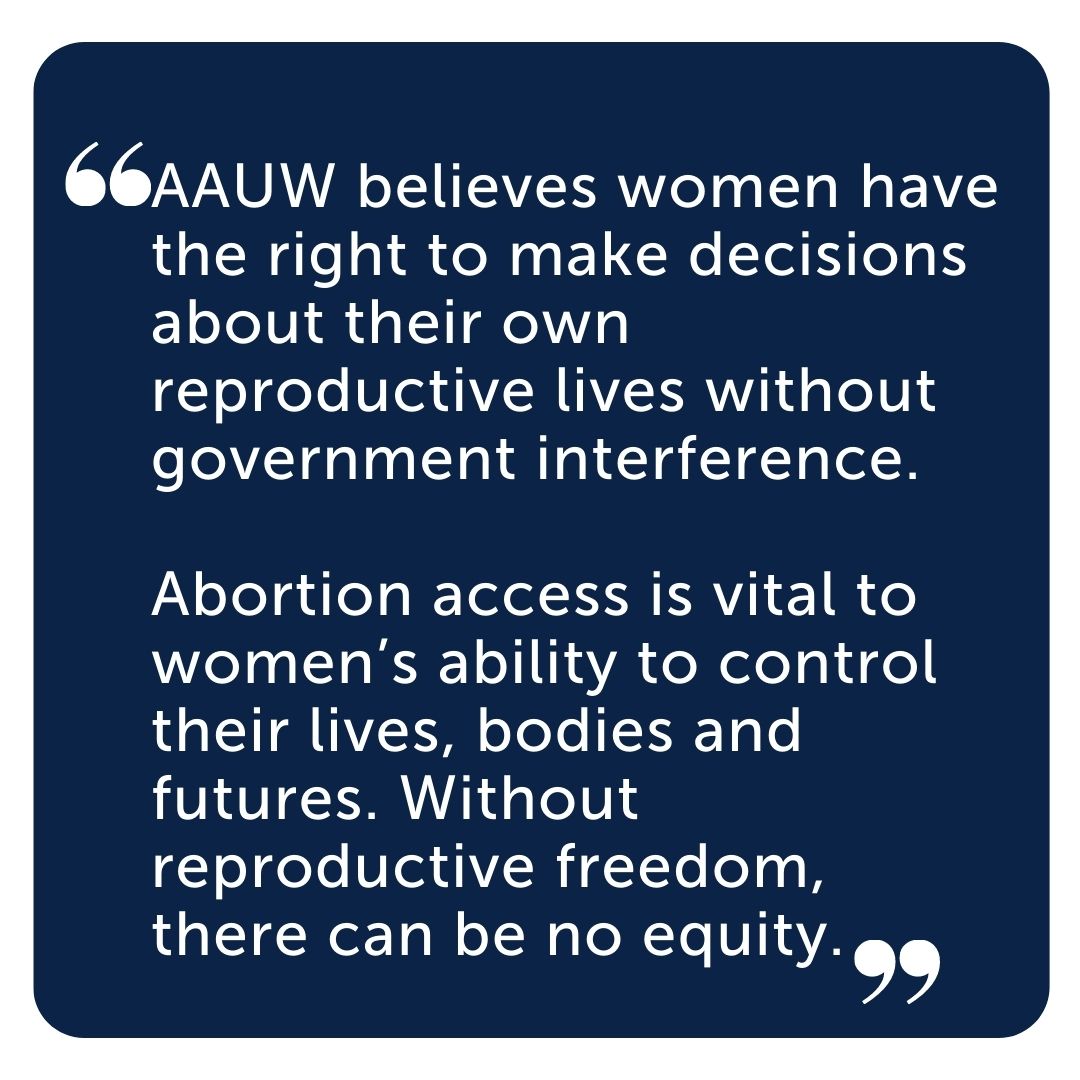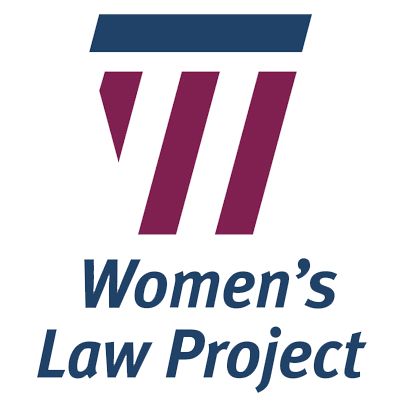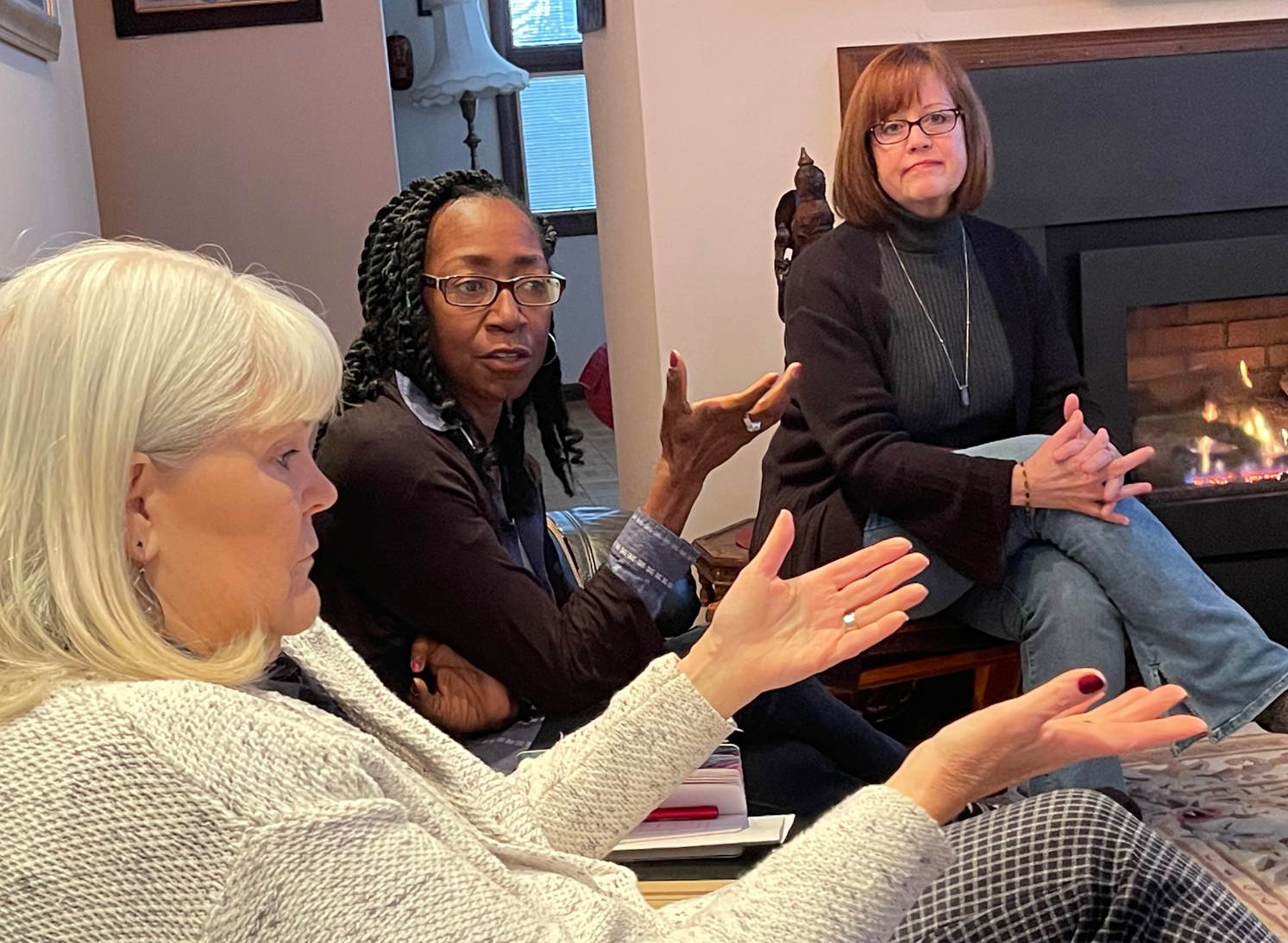
Reproductive Rights
Access to family planning and a full range of reproductive health services enhances an individual’s reproductive choices—which leads to improvements in women’s health care and economic security. The ability to control when to start a family has been linked to significant increases in women’s wages and increased likelihood of educational attainment. Unfortunately, lawmakers have severely limited peoples’ fundamental power to control their own reproductive lives.

Pennsylvania Reproductive Rights after Dobbs
View: https://www.youtube.com/watch?v=LNjEYupU6jU
Branch Takes Action
In November 2022, many branch members signed SB106, the anti-abortion constitutional amendment.
In January 2023 we held a “watch party” to view the Pennsylvania Reproductive Rights after Dobbs and learn more about the issues from branch program facilitators, Anne Ard, the retired director of CentreSafe (formerly the Centre County Women’s Resource Center), and Carline Crevecoeur (a retired obstetrician and gynecologist).
Following the lead of the Women’s Law Project, we will continue to learn and take action on this vital topic.
